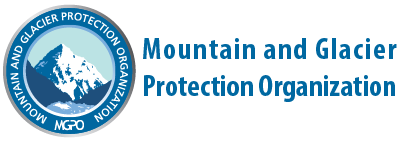WE tend to always think of climate change in the context of food, water and energy security or natural disasters and health, livelihood and productivity. Acknowledging that these will have a direct impact on our daily lives, it is, however, time to take a broader view of this phenomenon as it will alter the way people relate to each other and the environment.
A century ago, the world was a more plentiful place with enough to go around for everybody. There was poverty but the wealth and income divide was not as stark as now, and the difference between the rich and poor was more a result of governance models and practices driven by conquest, acquisition and exploitation.
Living in the age of democracy with a burgeoning population and a shrinking resource base has changed perspectives that will pose challenges of a new kind. These approaches will pit vested interest groups against each other for the grabbing of critical resources, resulting in demographic shifts and societal strife eventually leading to violent conflicts.
Adversity brings out the best and worst in human nature but when life is at stake and the instinct for survival takes over, then even the noblest among us can respond in ways that may seem unimaginable at the present time. The world that is shaping up is not going to have enough to take care of the needs of the 9.5 billion projected population. Nothing at the moment gives confidence that we are taking this threat as real and imminent. Pledges and commitments by themselves are not enough; they need to produce results, and thus far no measurable signs are visible.
It is time to start preparing society for dealing with scarcity and deprivation in ways that are compassionate and empathetic.
The carbon concentration in the atmosphere has gone up from 399.4 parts per million in 2015 to 412 PPM in 2019 and the remaining carbon budget has dipped from 420 gigatons to 350. A warming planet where 74 per cent of the population will not be able to work outside for 20 days in a year and where the lives of 800m people will be at risk in the South Asian region is the world that we will leave behind for our future generations.
It is time to acknowledge that some of the damage is irreversible and many hardships inevitable and that it is time to start preparing society for dealing with scarcity and deprivation in ways that are compassionate and empathetic. The values that we practise today and the ones that we teach our children should be built on the principles of social, ecological and democratic equity.
More Detail:
https://www.dawn.com/news/1510591/societal-values-and-climate-change


Hi, this is a comment.
To get started with moderating, editing, and deleting comments, please visit the Comments screen in the dashboard.
Commenter avatars come from Gravatar.